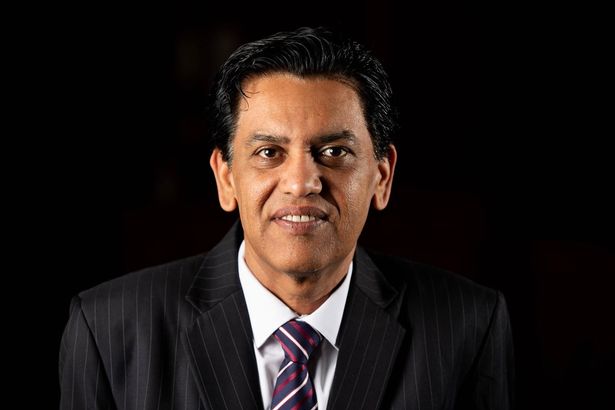- December 2, 2024
- Posted by: Zahid Chauhan
- Category: Campaigns
No Comments

I am urging MPs to consider patients current quality of care in reading of Assisted Dying Bill.
Assisted dying is a controversial subject for many, and I welcome debate on the issue. However, as a local representative and GP, I believe we are failing in our responsibility to those living with critical illnesses. My view is shaped by my own experiences, having lost my wife to cancer earlier this year. Watching her fight to stay with us, far beyond doctors’ estimations, was extremely difficult. Supporting her in those final days, I recognise that death can bring peace to the individual, but only with the appropriate support.
As a society, we are far from providing the best possible care for patients. Diverting critical investment away from that service to facilitate death is counterproductive. What we are hearing – and seeing ourselves – is that the NHS is under huge strain. Over ⅓ cancer patients are waiting more than 2 months to receive their first round of treatment. The Assisted Dying Bill is only going to increase that number, not to save lives, but to help people die. This gives healthcare professionals a legal minefield to navigate, and one which they will understandably be at pains to get right.
We have a median wait time for referrals of 14.4 weeks – nearly double pre-Covid levels. It is clear that many people with critical illnesses are not getting the quality of care they deserve, but potentially encouraging them to end their lives is not the answer. Asking people in the final stages of life to make such a decision requires them to be sound of mind. The reality of that position is the stresses it brings could cause the most cognisant of people to make the wrong call, not least due to the consistent struggle for our NHS and social care services to meet mounting demand.
Many of the issues raised in favour of the Bill – family dependency, lack of resources, dignity, and pain relief – could be better solved through an improved health and social care service. If we choose a different route for fixing them, I fear this would be difficult to reverse.
With the reading of this Bill, I am reminded of the words of my daughter: “Often when you have nothing left to lose you have everything left to gain”.

